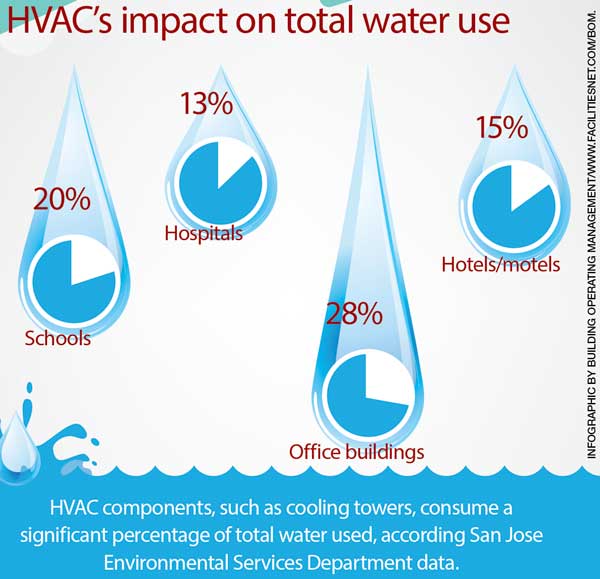The Future Of Home Heating - Just How Heatpump Modern Technology Is Advancing
The Future Of Home Heating - Just How Heatpump Modern Technology Is Advancing
Blog Article
Author-Svensson Ringgaard
Heatpump will certainly be an important innovation for decarbonising heating. In a situation consistent with federal governments' revealed energy and climate commitments, their international capability increases by 2030, while their share in heating rises to one-quarter.
They function best in well-insulated homes and rely upon electrical energy, which can be provided from a sustainable power grid. Technical advancements are making them more effective, smarter and less expensive.
Fuel Cells
Heatpump make use of a compressor, cooling agent, coils and followers to move the air and heat in homes and home appliances. They can be powered by solar energy or electrical energy from the grid. They have been obtaining popularity as a result of their inexpensive, quiet procedure and the ability to generate electricity throughout peak power need.
Some firms, like IdaTech and BG MicroGen, are servicing fuel cells for home heating. These microgenerators can replace a gas boiler and produce some of a home's electrical requirements with a link to the electricity grid for the rest.
But there are reasons to be doubtful of using hydrogen for home heating, Rosenow states. It would certainly be costly and inefficient compared to various other innovations, and it would include in carbon discharges.
Smart and Connected Technologies
Smart home technology enables property owners to link and manage their gadgets remotely with using smart device applications. As an example, smart thermostats can learn your heating preferences and automatically adjust to maximize energy usage. Smart lighting systems can be managed with voice commands and immediately turn off lights when you leave the room, decreasing power waste. And wise plugs can keep track of and manage your electrical use, enabling you to determine and restrict energy-hungry home appliances.
The tech-savvy home shown in Carina's meeting is an excellent picture of just how passengers reconfigure room home heating methods in the light of new smart home technologies. They rely upon the devices' automated functions to accomplish day-to-day modifications and regard them as a practical methods of performing their heating practices. Because of this, they see no reason to adjust their practices further in order to enable adaptability in their home power demand, and treatments aiming at doing so might face resistance from these families.
https://newswire.net/newsroom/pr/00202142-https-www-chadsacdirect-com.html
Because heating up homes represent 13% people exhausts, a switch to cleaner options could make a big distinction. But the technology encounters obstacles: It's pricey and needs extensive home remodellings. And it's not always compatible with renewable resource sources, such as solar and wind.
Up until lately, electrical heatpump were also pricey to take on gas designs in many markets. Yet new developments in style and materials are making them more economical. And better cold climate efficiency is enabling them to function well even in subzero temperatures.
The following action in decarbonising heating might be using warmth networks, which attract warmth from a central resource, such as a nearby river or sea inlet, and distribute it to a network of homes or buildings. That would certainly lower carbon exhausts and allow households to make the most of renewable energy, such as green power from a grid supplied by renewables. This choice would be less pricey than switching to hydrogen, a nonrenewable fuel source that requires brand-new infrastructure and would only lower CO2 emissions by 5 percent if coupled with enhanced home insulation.
Renewable resource
As electrical power prices go down, we're starting to see the very same trend in home heating that has driven electric cars into the mainstream-- yet at an even faster speed. The strong climate situation for electrifying homes has actually been pressed further by new study.
Renewables make up a substantial share of modern heat intake, but have been offered restricted plan focus worldwide compared to various other end-use industries-- and also less focus than power has. Partly, this shows a mix of consumer inertia, divided motivations and, in many nations, aids for fossil fuels.
New innovations might make the shift much easier. For example, heat pumps can be made extra energy reliable by replacing old R-22 refrigerants with brand-new ones that don't have the high GWPs of their precursors. https://companiesthatloanhvacserv55432.bloggip.com/29354226/are-warmth-pumps-one-of-the-most-reliable-heating-and-cooling-option-for-your-home-a-comparative-evaluation visualize area systems that draw warmth from a close-by river or sea inlet, like a Norwegian arm. The warm water can after that be made use of for heating & cooling in a neighborhood.